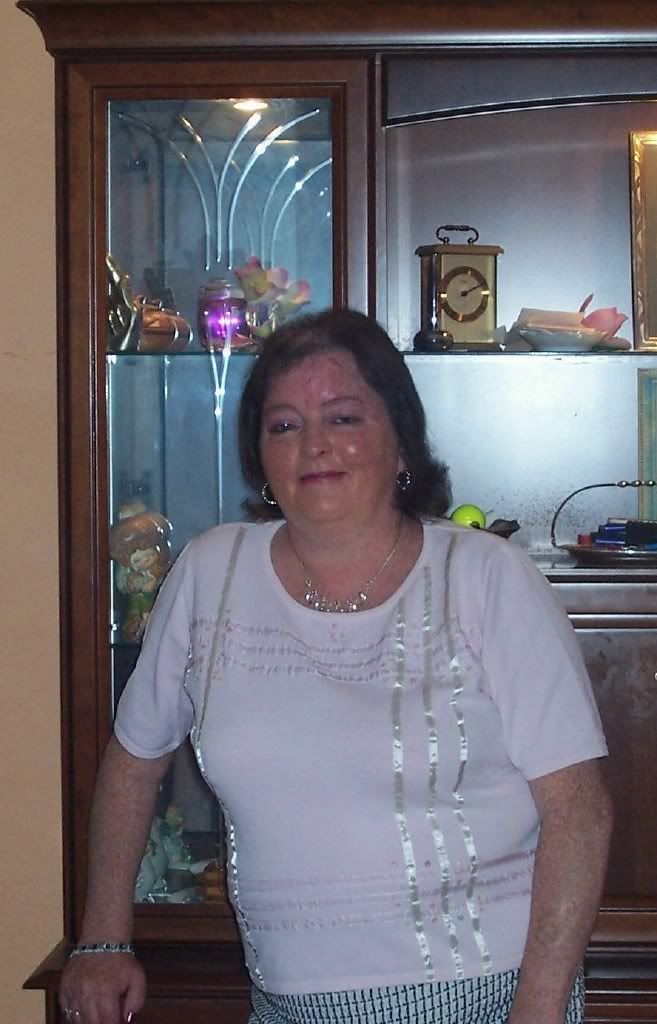
Marie Docherty joined the order aged 18
Marie Docherty entered what was then the Order of the Poor Sisters of Nazareth in 1960. She was 18 and came from what she described in court as a happy working class family background in Glasgow. She was given the name Sister Alphonso on taking the veil and first went to Nazareth House in Aberdeen in 1963. Eventually Sister Alphonso was brought to trial on a string of charges alleging cruel and unnatural treatment of girls there and at the home in Lasswade over a 15-year period ending in 1980. Bishop criticised During the trial, the Roman Catholic Bishop of Aberdeen was criticised by one witness, who said he had angered her by trying to minimise what had happened to her as a child. Mario Conti had made clear his position two years ago on a BBC Frontline Scotland programme about the Nazareth House allegations.

Children were mistreated over a 15-year period
He said: "In those days it was commonplace in the home and at school to chastise physically. "I mean, I remember the stick at home, I remember the strap in school. "People of my age know that, no matter how kind and loving parents and teachers were expected to be, that was part of the way in which a child was brought up. "One hopes that, in the main, one has not been flawed by that or resents that." Dennis Rice, a Catholic layman and former social worker who has worked alongside nuns, said the public had high expectations of religious people. Change plea "It makes you begin to think that the danger is any kind of closed institution," he said. "Within the Catholic Church, which itself as a church has a tendency to be a closed institution, the situation is even worse. "People expect high things of a church, they expect high things of dedicated religious people and they feel let down, they feel bewildered if these standards that they are expecting are not achieved. "I hope that we learn that lesson in the future. "Openness in all the institutions of the church, in the way the Vatican treats Scotland, in the way that priests treat people, that has to be as open as possible."
http://news.bbc.co.uk/1/hi/scotland/928945.stm


No comments:
Post a Comment